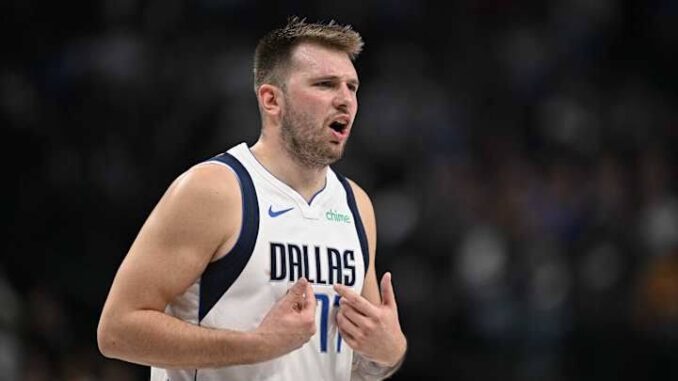
MVP Is Back, But There Is a Bigger Problem: The Overemphasis on Individual Performance
In the world of professional sports, the Most Valuable Player (MVP) award has long been regarded as one of the highest individual honors a player can achieve. It celebrates talent, hard work, and consistent performance over the course of a season, showcasing a player’s influence on their team’s success. Recently, as MVP discussions intensify, the spotlight has shifted back to who deserves the prestigious title in various leagues. However, while the MVP is back in full force, there’s an even bigger issue lurking beneath the surface: the overemphasis on individual performance at the expense of team dynamics.
The Rise of the MVP Debate
In recent years, MVP debates have become increasingly heated, with fans, analysts, and even players themselves expressing opinions on who truly deserves the title. From the NBA’s perennial debate between superstars like LeBron James, Giannis Antetokounmpo, and Nikola Jokić, to the NFL’s annual competition between quarterbacks and running backs, the MVP is seen as a culmination of a player’s season-long excellence. While it provides a moment to celebrate individual brilliance, it inadvertently takes the focus off the collective achievement that defines successful teams.
The Problem: Overemphasis on Individual Accolades
One of the most significant issues with the MVP race is that it often fails to consider the broader context of a player’s performance. The criteria for the MVP have evolved over time, with many voters prioritizing statistics like points, assists, and rebounds in basketball or passing yards and touchdowns in football. While these numbers certainly showcase a player’s talent, they don’t necessarily represent the player’s overall impact on team success. In fact, the individual focus of the MVP race can overshadow the fact that sports are ultimately a team effort.
For example, take a player who puts up outstanding individual statistics but fails to elevate their team to the top of the standings. Alternatively, consider a player who may not dominate the stat sheet but plays a pivotal role in a team’s cohesion and success. The MVP voting system often overlooks the importance of players who excel in roles that don’t show up in the box score, like defense or playmaking off the ball. This creates a skewed perception of value and accomplishment, one that may reward a player’s personal success over a more holistic contribution to the team.
The Larger Impact: Undermining Team Chemistry and Strategy
By focusing too much on individual performance, the MVP race contributes to a culture that overvalues personal glory. This shift has the potential to undermine team chemistry, especially in sports where collaboration and strategic teamwork are essential. In the NBA, for instance, the obsession with individual accolades like MVP may encourage players to prioritize their statistics over the team’s success, leading to a more selfish playing style. This can detract from the shared goal of winning championships, as players may become more fixated on individual recognition rather than collective achievement.
Moreover, an overemphasis on individual greatness often drives franchises to make decisions based on star power rather than team needs. Teams might trade away key role players or disrupt team dynamics in an attempt to build around a superstar, assuming that one player can carry the team to glory. While superstar performances can certainly lift a team, they are rarely the sole reason for sustained success in modern sports. Teamwork, defense, and unselfish play are just as critical to a championship run as any MVP-caliber player.
A Shift Towards Collective Recognition
To address this imbalance, it’s important to shift the focus back to the team-oriented nature of sports. While the MVP remains a celebrated award, it should not overshadow the collective contributions of a team. There should be more emphasis on awards that recognize team efforts, like the NBA’s “All-Defensive” teams or the NFL’s “Team of the Week” selections, which highlight the importance of defense and overall teamwork. Additionally, the conversation should evolve to honor players who may not dominate the box score but still make a massive impact on their team’s success.
Incorporating advanced metrics that reflect overall team efficiency, leadership, and contributions beyond traditional stats could also provide a more nuanced view of a player’s value. For instance, analyzing a player’s impact on team-wide metrics like net rating or how their presence affects the team’s offensive and defensive efficiency could help broaden the definition of “most valuable.”
Conclusion
While the return of MVP discussions is always exciting, it’s important to remember that sports are a team effort. The quest for individual recognition can sometimes cloud the bigger picture: that it takes a collective effort to win championships. As the MVP debate continues, it’s crucial to balance the spotlight on individual players with an appreciation for team success, teamwork, and the roles that often go unnoticed. After all, the best players are often those who elevate their entire team to greatness, not just those who shine brightest in the individual spotlight.
Be the first to comment